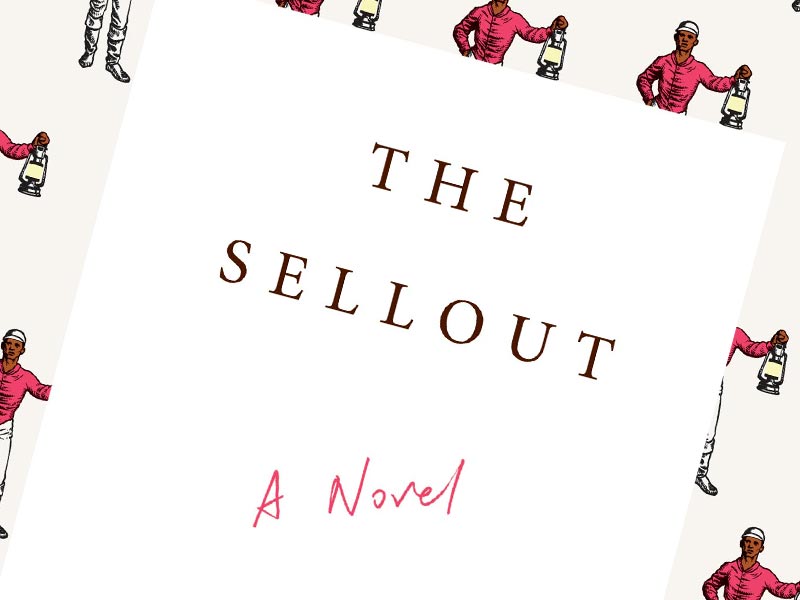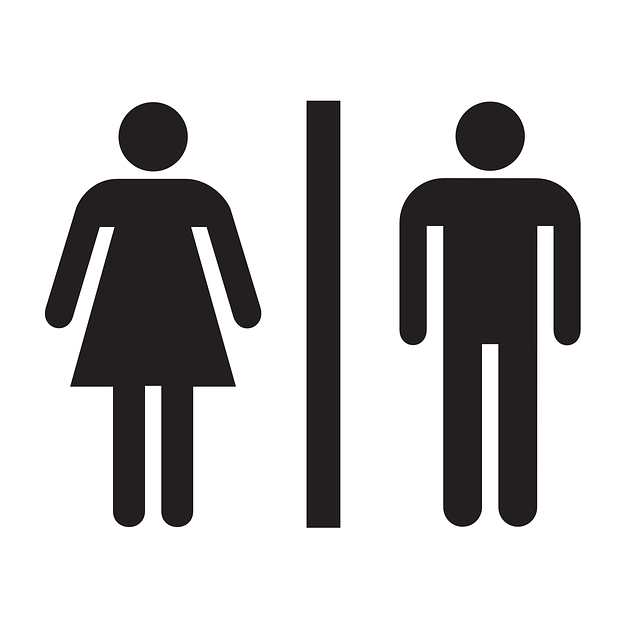Book review: Jane Eyre by Charlotte Bronte
Some books are so famous that it seems redundant to review them, but it’s always nice to see a classic book through new eyes. This is true of Jane Eyre, which continues to attract new generations of readers, who experience the book in a different way than its original readers, but continue to find its themes relevant and its story readable. It’s easy to see why Jane Eyre has experienced the enduring popularity that it has.
Its protagonist and title character is a feisty, principled woman who was brought up in hardship with little love and affection, and throughout the novel, seeks a place where she can be at peace.
Jane Eyre’s parents died when she was young, and she is sent to live with her relatives. In the fashion of fictional stepmothers, she was treated badly by her aunt, as well as her cousins.
She is offered an escape from her harsh existence when she is sent to a boarding school, where she meets mixed experiences, ranging from the strict discipline of the school routine and a cruel headmaster to the exhilarating affection of newfound friends – a novelty in her life so far.
After years as a student, then a teacher, when she find contentment and purpose, she eventually decides she must move on to experience the wider world, and finds a place as a governess for a young girl. Here she meets Mr Rochester. Few readers would not be familiar with the love story between Jane and Mr Rochester as it is an enduring staple of popular culture, in music, film, and literature, and the shock that comes towards the end of the book might not surprise many, but I’d better not offer any spoilers.
It is interesting to read a book written long ago, but with a female protagonist who is far from the submissive woman that was often portrayed in the fiction, and preferred in society, of the time. Yet, there are some parts of the book that might not sit so well with the modern feminist, including Jane’s fierce belief in the importance of a woman’s modesty, as well as some of Mr Rochester’s actions.
I appreciated that the story emphasised Jane’s inner self, rather than her appearance – I have written before about the tendency of writers to create female protagonists of great beauty, often as a moral lesson for women. Instead, Jane’s looks are not a driving force in the book; it is her diligence, kindness and sense of right and wrong that rise to the fore.
However, ultimately, Jane Eyre remains an engaging book of love and hope, of a young woman rising above difficult circumstances to find her place in the world. It is both comforting and engaging enough for modern readers to persist in finding a rhythm in the language that can initially be a bit of a struggle to relax into it.
The writer displays an endearing sincerity, as well as a steely determination and sense of morality that is hard to resist. There is no doubt as to why Jane Eyre endures as a much-loved classic as it does.
Readability score: 10/10
Jane Eyre is available at Booktopia (Australia) and The Book Depository (US and UK).





Thanck you for this Review, bery usefull.